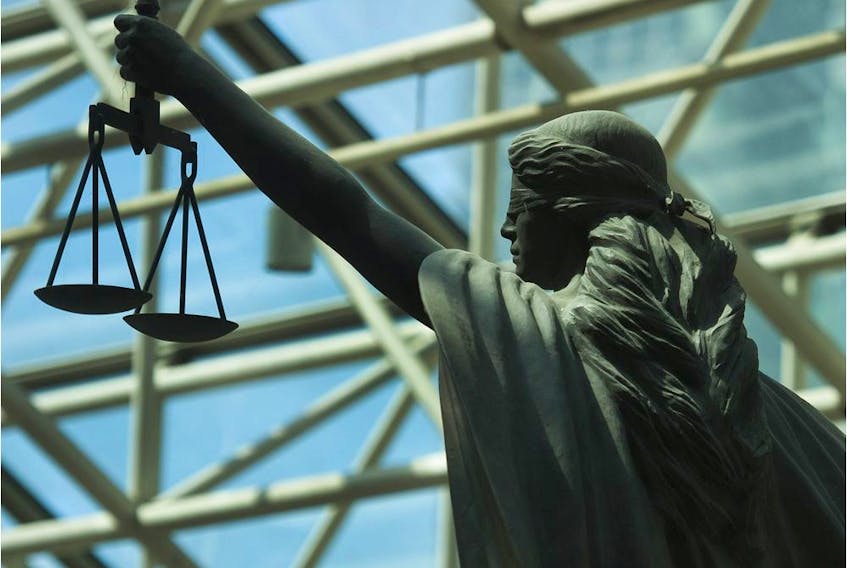Judges are a quiet lot.
Years ago, when I was a very new and very eager journalist, I did something I’d never do now. I was following a story about former patients who had been moved out of permanent institutions but with very few supports. One of those patients kept coming up in front of the same first appearance judge, charged with the same minor thefts — of magazines, as I remember; a problem, because there was a magazine kiosk at the bottom of the escalator to the courts. The former patient would leave court, grab magazines, get charged again, and the cycle would begin again. The judge was clearly getting frustrated.

I told the judge’s assistant I’d like to talk to the judge. After a few minutes, the assistant came back and said that I should be in court that afternoon at 2 p.m. and to be prepared to listen.
I did, as the judge ripped into the provincial government for its decision to release patients with virtually no after care.
Judges, by and large, don’t talk to the media; when they speak, it’s through their verdicts. It makes them, sometimes, easy targets for politicians, who can attack judgments knowing there will be no reply.
It also means judges don’t explain their verdicts. Any explanation of the principles they’re working with comes, if anywhere, in later verdicts.
I say all this as the judicial fallout continues in sexual assault cases like the Ghomeshi case or, closer to home, the trial of RNC constable Doug Snelgrove, where the public believes victims have been treated badly. (A new trial has been ordered in the Snelgrove case, and he’s due back in court in March.)
Judges are responding to criticism of how they treat evidence in sexual assault cases, and some of those responses are blunt, like Judge Nancy Mossip of the Ontario Superior Court of Justice in the case of a Chinese medical practitioner accused of sexually assaulting three female patients.
Judges, by and large, don’t talk to the media — when they speak, it’s through their verdicts.
“I want to make one final comment on the legal framework within which I must approach the evidence. There was evidence at this trial that all three complainants in 2017 were aware of what is referred to as the ‘#me-too movement.’ All three complainants testified that examples of sexual assault by persons in positions of power and authority were everywhere in social media at the time they reported their allegations to the police, and that they read these stories. They each testified, with different detail, as to the impact of these reports on their decision to come forward to the police with their allegations about (the accused),” the judge wrote. “The concept of the ‘#me-too movement,’ or the slogan ‘believe the victim,’ have no place in a criminal trial. My only task is to decide if the Crown has proven the guilt of (the accused) beyond a reasonable doubt of the charges before the court. I must consider only the evidence I heard at the trial, assessed using the applicable legal principles.”
The man was acquitted.
There’s also this, from a 2019 military court martial: “(A) court martial must not fall into the trap of believing that a sexual assault complainant is always truthful or that when they come forward they must be believed. To do this, would in effect transfer the burden of proof from the prosecution to the defence. This would be an error of law and would violate the accused’s presumption of innocence.”
This is a glacial debate argued slowly on printed paper — but even if they’re quiet outside of the courtroom, don’t believe for a moment that judges will shrink from clearly making their points.
Russell Wangersky’s column appears in SaltWire publications across Atlantic Canada. He can be reached at [email protected] — Twitter: @wangersky








